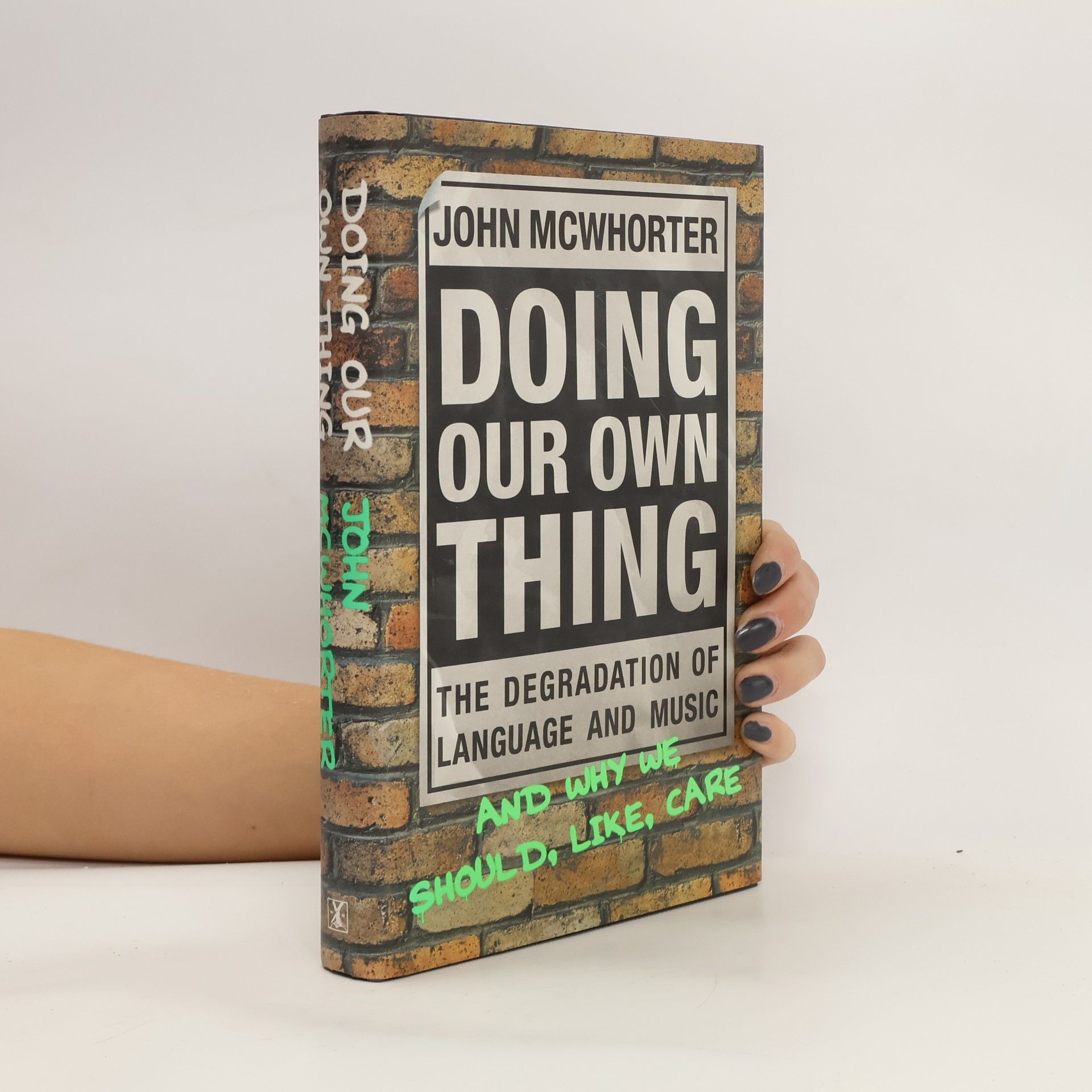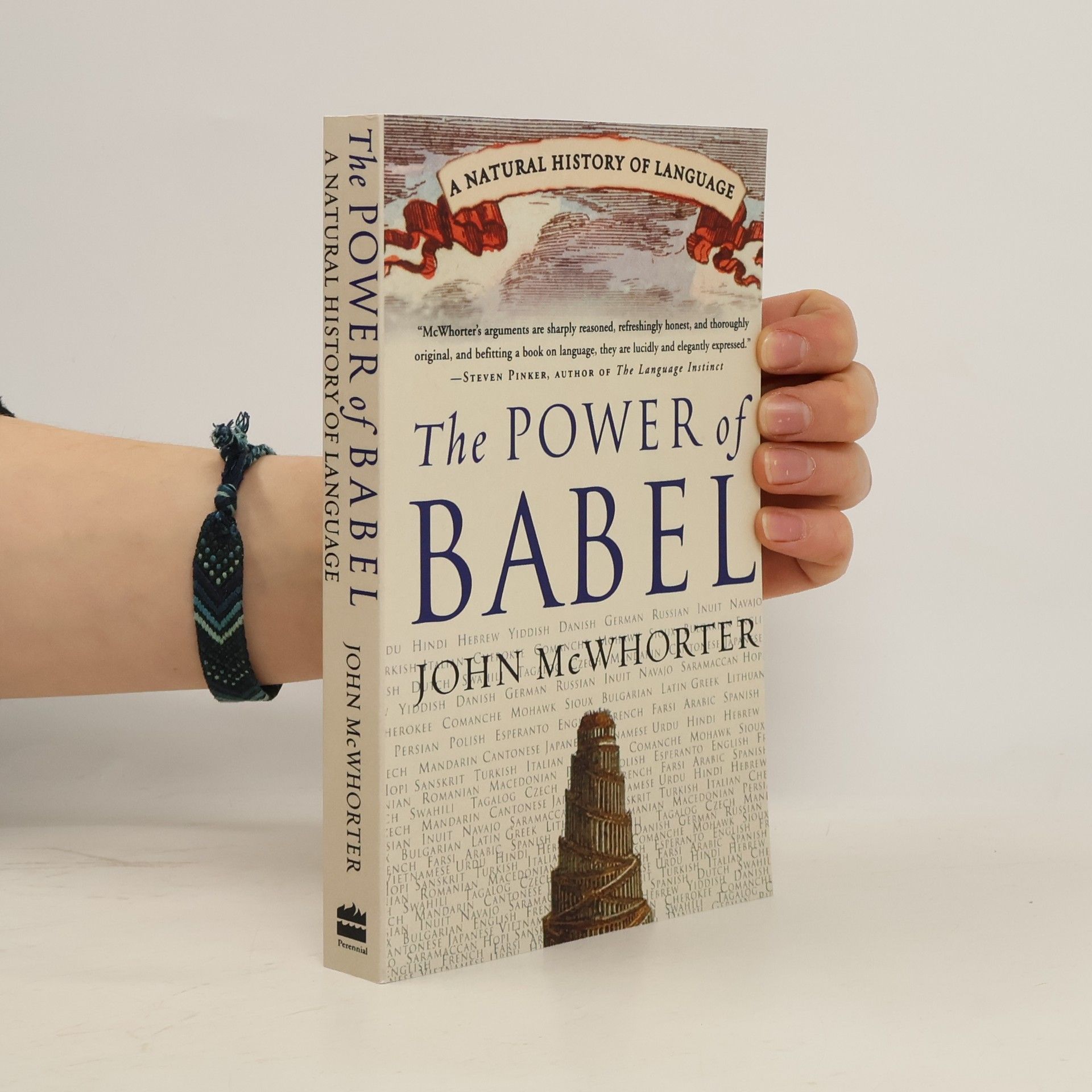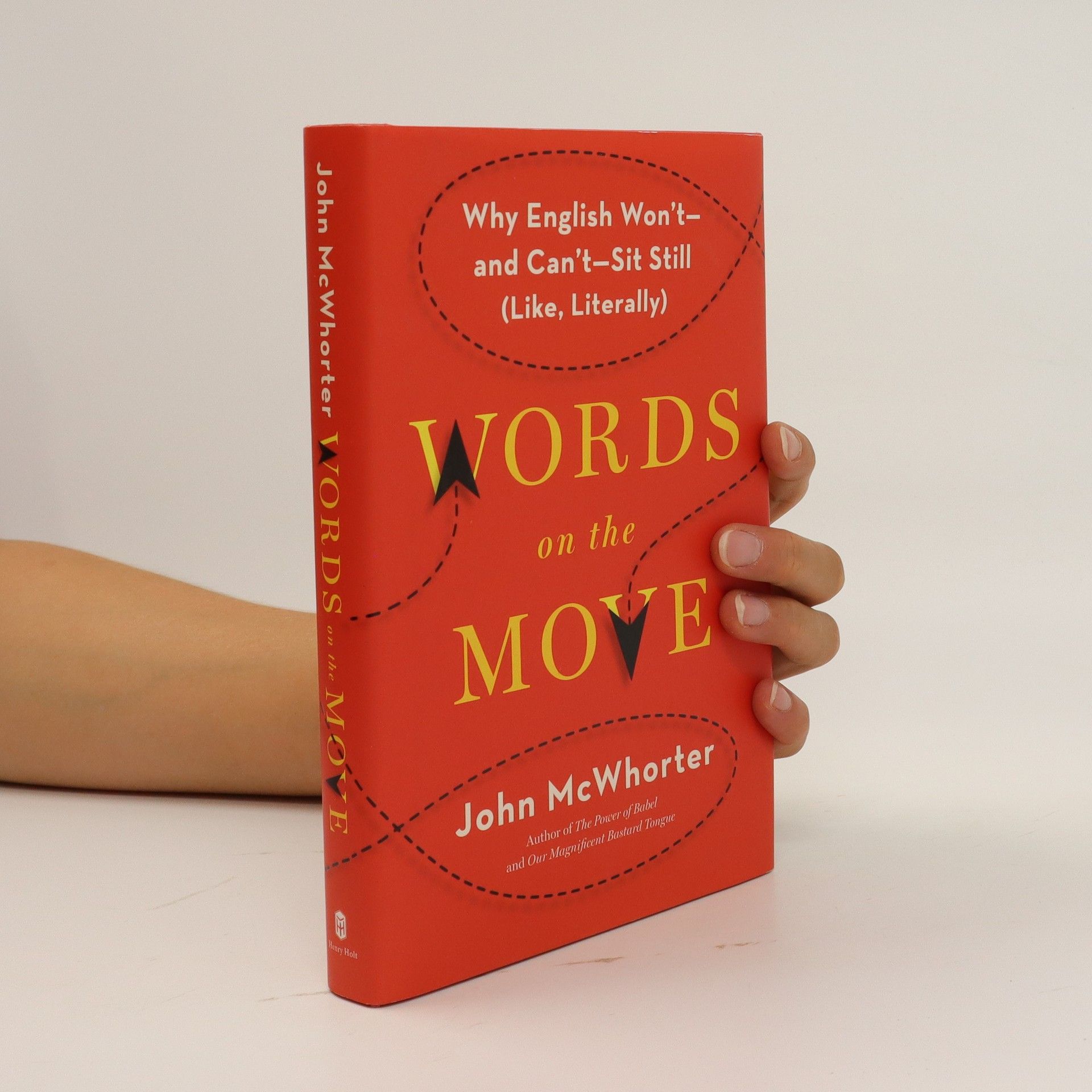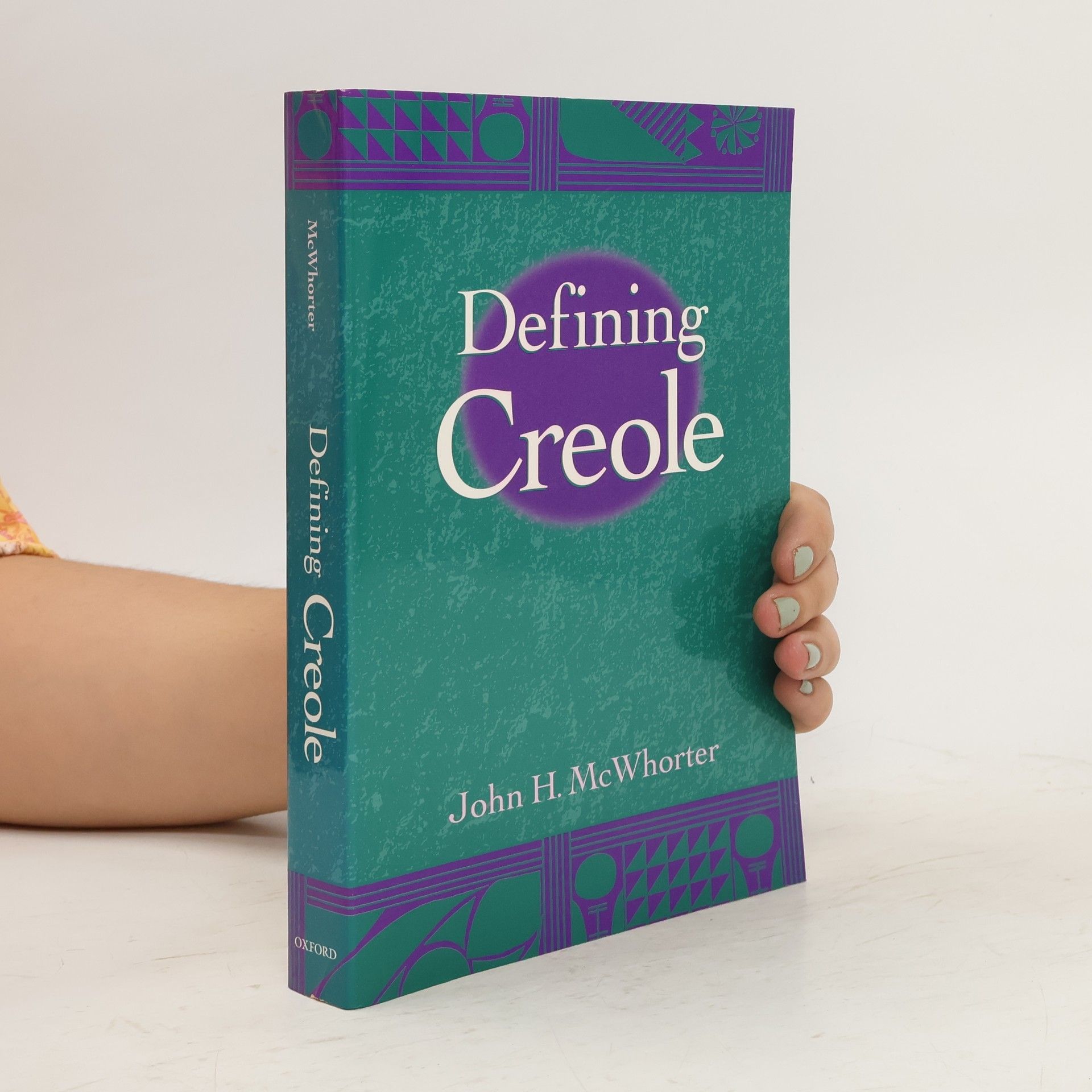Die Erwählten
Wie der neue Antirassismus die Gesellschaft spaltet
Eine neue Religion spaltet die Gesellschaft unter dem Deckmantel des Antirassismus. Über dieses Buch spricht ganz Amerika: Der Schwarze Sprachwissenschaftler John McWhorter prangert eine Bewegung von selbsternannten Erwählten an, die mit allen Regeln der Vernunft bricht und die soziale Gemeinschaft gefährdet. Die Debatte um Identität ist entgleist. Nicht nur in den USA, auch in Europa und in Deutschland steht die Frage im Raum: Wie konnte es so weit kommen? John McWhorter wendet sich der treibenden Kraft dieser Entwicklung zu: einer neuen Bewegung von Erwählten, die sich von den Prinzipien der Aufklärung abgewendet haben und im Umgang mit identitätspolitischen Fragen quasi eine neue Religion begründen. John McWhorter analysiert mit scharfem Blick und anschaulichen Beispielen, wo und wie sich diese politische Haltung durchgesetzt hat, warum sie viel zu radikal und essenzialistisch ist und gerade eines nicht: antirassistisch. Der unbeabsichtigte Neorassismus ist falsch und gefährlich, schadet den Schwarzen und zerstört den integrativen Diskurs. Am Ende macht McWhorter aber auch Hoffnung und zeigt den möglichen Weg zu einer Gerechtigkeit, die das Schwarze Amerika einen – und nicht spalten – soll.








